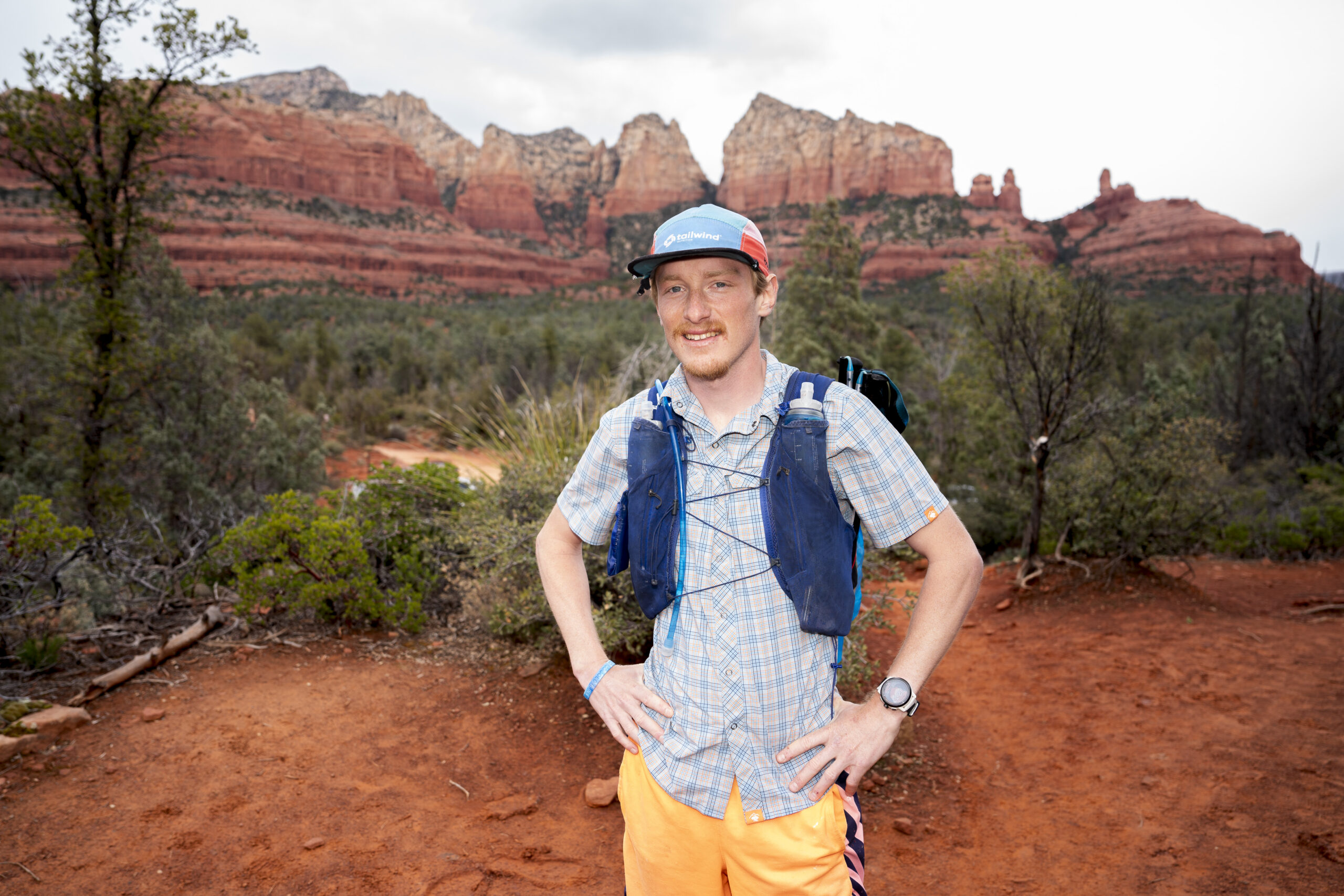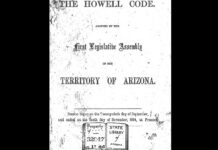When it comes to vacation rentals, the spring and summer of 2023 have been far different than the pandemic years of 2020, 2021 and 2022, when Sedona witnessed a swell of visitors who were escaping Phoenix, Tucson and California to get away from the pandemic and their disease-carrying neighbors in major cities.
In the wake of the pandemic, Sedona witnessed an explosion of home purchases as workers emboldened by the possibility of working remotely from anywhere in the country decided they want to make their homes in Sedona.
For many of these tech workers, the lack of stable infrastructure, the lack of high-speed internet in many areas and a dearth of amenities and stores meant that remote work wasn’t feasible in the long term.
Many of these people — podcasters, YouTubers and the kind of workers who require stable internet connections for tech work — who had bought Sedona-area homes and touted their new surroundings in 2020 and 2021 have since left, sold their homes and moved back to major cities.
Vacation rentals, which were made legal statewide by the Arizona State Legislature in 2016, surged after 2018 and in the four years since as homeowners rented out rooms, people with second homes converted them into rentals and profit-minded corporations swooped in to buy properties.
To be clear, Arizona Senate Bill 1350 was wholly bipartisan, with all 34 Democrats and 43 of 54 Republicans in the legislature voting for the bill [Nine Republicans voted “nay,” two Democrats and two Republicans were absent and did not vote].

For out-of-town investors, Sedona was seemingly the perfect vacation rental market: Many homeowners who bought their homes 20 years ago and saw prices double were ready to sell when they decided to leave the city. Or older homeowners died, leaving their adult children — who had no desire to live in Sedona — with luxury homes worth half a million or more and a desire to offload their new properties in a seller’s market.
While some investors were part of corporations that could weather a loss or a drop in value, many others were middle-class folks who leveraged their primary residences to buy second homes in Sedona that they could turn into vacation rentals.
Newer homes could be converted into vacation rentals with little effort, but most other lived-in homes required substantial repairs and renovations that long-term renters were happy to live with but were unacceptable for short-term renters expecting a hotel-like experience where everything works, where toilets flush properly and dry rot, mold and wear and tear weren’t abundantly obvious.
All that work meant new short-term rental owners had to be able to turn substantial profits to pay for those repairs, but not all timed paying for those repairs with the window when they could be profitable before things went south.
Small homebuyers who presumed all those renovations would be paid off within a few years began to see their profit margins drop, and many are finding themselves in debt and unable to secure the endless stream of customers staying indefinitely that they need to keep above water.

Nationally, major cities have passed laws making vacation rentals difficult to maintain, like New York City, which requires that hosts live in the unit being rented1, or San Francisco, which requires that vacation rentals only be located on properties where the host lives at least 275 days per year2.
One of Sedona’s lawmakers, Rep. Selina Bliss [R-District 1], failed to get a bill on the floor that would allow small towns to cap the number of vacation rentals based on the total number housing units in a community.
Bliss is a freshman in a heavily Republican district, so she potentially has more years to get a bill to the floor.
The Airbnb platform reported annual growth of about 25% of rentals on the platform annually until this year, when growth dropped to a mere 9%.
The hashtag #Airbnbbust began trending last year as the national market saw the number of vacation rentals popping up across the country slow as the market faced over-saturation, a falling average daily rate and fewer rentals per property.
While there are more vacation rentals available now, fewer are producing the record profits of years past. According to AirDNA, a company that monitors the vacation rental market, there were some 3,400 vacation rentals in the Sedona area in the fall of 2022, but by the start of this summer that number had fallen to 2,997.
While this is anecdotal, I pass at least four vacation rentals on my street daily, and two of them have been largely vacant since January. More long-term rentals and more reasonably-priced units are appearing on the market as property owners convert their houses back to long-term rental units and the less profitable but assured income provided by resident renters. While vacation rentals will likely be a permanent fixture in Sedona, the housing market appears to be recovering, albeit very slowly.
Christopher Fox Graham
Managing Editor
1: New York City’s Local Law 18 is a short-term rental law that requires short-term rental hosts be permanent occupants of the units being rented. The law requires that they register with the Mayor’s Office of Special Enforcement before posting rentals and penalizes platforms like Airbnb and VRBO if they rent a short-term rental unit not registered with the OSE. The law also bans rentals in historic buildings and rent-controlled units. Local Law 18 was passed in January 2022 and was due to become effective on July 1, 2023, though enforcemenet would not begin until Sept. 1. Airbnb sued, putting the entire bill on hold.
2: San Francisco only permits the renting of short-term rentals to “Permanent Residents” who must spend at least 275 nights in a calendar year in the residential unit host as a short-term rentals. To maintain your “Permanent Residency,” people can only rent units for up 90 unhosted nights within a calendar year. Those who own or rent a multiunit building, can only register the specific residential unit in which they reside. San Francisco also has an extensive list of “Ineligible Properties,” that include units such as income-restricted affordable housing; including Below-Market-Rate housing; student housing, dormitories; Single-Room-Occupancy buildings except during the “tourist season,” from May 1 through September 30; buildings subject to an Ellis Act, or no fault, eviction after Nov. 1, 2014, even if by a prior property owner; legally established Accessory Dwelling Units approved by the Department of Building Inspection; “housekeeping units”; sleeping quarters in most shipping containers and outdoor areas, including teepees and tree houses; sleeping quarters in vans or recreational vehicles; non-residential areas within buildings, such as in garages, storage areas, closets, halls or utility spaces; commercial office/retail or industrial warehouse spaces; any properties located in Treasure Island, Fort Mason or The Presidio; boats or similar watercraft, which are prohibited by harbormastersl; and Group Housing properties that subject to the Planning Code.
sb1350s


















